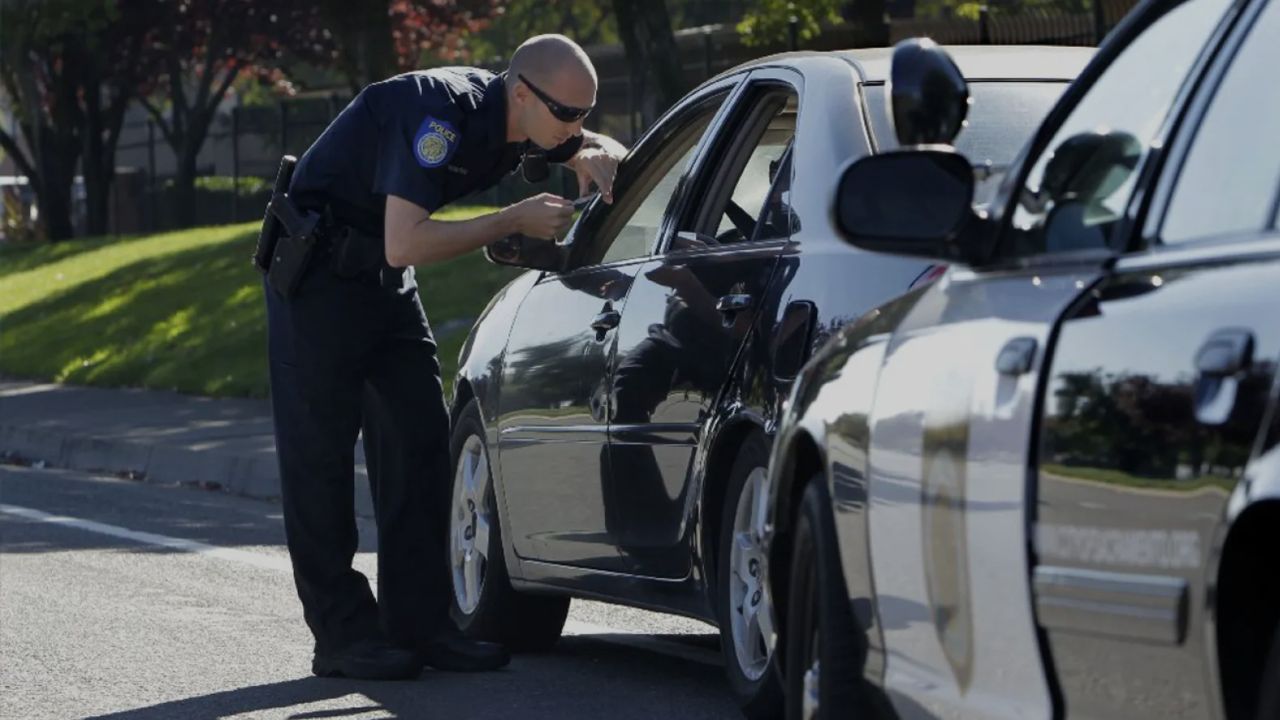INDIANA – Getting pulled over in Indiana is nerve-wracking enough—but when officers start asking to look through your phone, it’s critical to know where your rights begin and where their authority ends. Despite popular misconceptions, not all police searches are legal, and the wrong answer could cost you your privacy.
If you’ve ever wondered whether law enforcement can just scroll through your messages or photos during a traffic stop, here are 10 essential facts every Indiana driver should know.
1. No, Police Can’t Just Search Your Phone
Unless you give them permission or they have a warrant, officers cannot legally search your phone. Your digital life is protected under both federal and state constitutions.
2. The Supreme Court Already Ruled on This
In Riley v. California, the U.S. Supreme Court made it crystal clear: phones are not searchable without a warrant, even during an arrest. That includes traffic stops in Indiana.
3. Consent Changes Everything
If you say “yes” to a search, you’re giving up your protection. The moment you agree—even casually—officers don’t need a warrant. You have the right to say no without it counting against you.
4. “Exigent Circumstances” Are Rare
Police might claim they need to search your phone immediately to prevent evidence destruction or for public safety. Legally, that’s only allowed in urgent, life-threatening situations, and it must be justified.
5. Arrest Doesn’t Mean Search
Even if you’re arrested during the stop, your phone can be seized but not searched. Officers still need to go through the proper process and get judicial approval.
6. Illegally Obtained Evidence Can Be Thrown Out
If your phone was searched without consent or a valid warrant, anything found may be inadmissible in court. That’s your constitutional safeguard in action.
Read Also: Can Oregon Police Search Your Phone During a Traffic Stop? Know Your Rights
7. You Don’t Have to Unlock Your Phone
Without a judge’s order, you are not legally required to unlock your phone, give up your passcode, or provide biometric access like a fingerprint or face scan.
8. You’re Only Required to ID Yourself
Indiana law says you must provide your name and address if lawfully stopped. Beyond that, you’re under no obligation to answer questions—or to surrender your device.
9. Know How to Refuse Politely
Saying “I do not consent to a search” is a firm but legal way to protect your rights. Stay calm, don’t argue, and repeat your refusal clearly if pressed.
10. Your Rights Don’t End at the Roadside
If your rights are violated, you have legal remedies. Evidence can be challenged, cases dismissed, and officers held accountable for unconstitutional searches.
Ever Been in This Situation? Had your phone searched during a stop—or refused and weren’t sure what to expect?
We want to hear your story. Share your experience in the comments at newyorkdailygazette.com.








